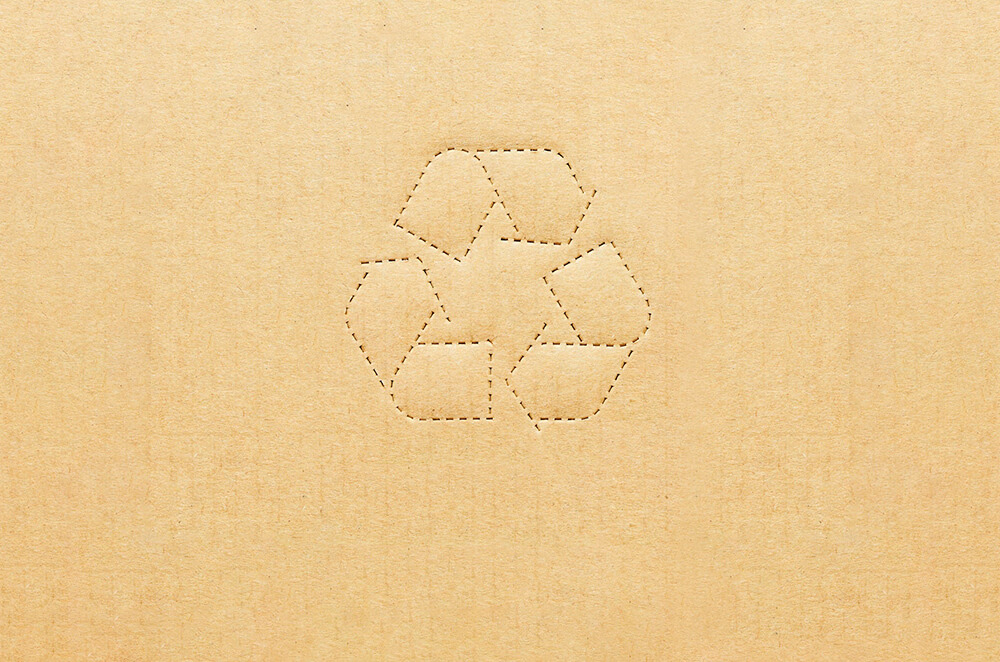
The importance of paper recycling, in numbers
Fecha: 05/09/2022
Although it’s more common to focus on the importance of recycling plastics, the truth is recycling paper is just as essential to the conservation of the planet. Paper and carton come from trees, which means their production is closely linked to activities that are harmful to the environment, like deforestation.
According to the Global Forest Resources Assessment 2020 conducted by the UN’s Food and Agriculture Organization “The world has lost 178 million ha of forest since 1990, which is an area about the size of Libya.”
In spite of this shocking number, the FAO reports that the rate of net forest loss decreased substantially over the period 1990–2020, especially in places like South America. Nonetheless, the world’s forests still face severe danger in the form of forest fires, which are often caused by slash and burn agriculture.
Trees and CO2
Trees absorb carbon dioxide and produce oxygen, which is why keeping our forests healthy helps reduce the amount of CO2 in the atmosphere. Deforestation, then, brings up two issues: first, it means there are less trees to absorb CO2; second, when trees are cut down they release greenhouse gasses back into the atmosphere, which accelerates the process of global warming.
Studies show that recycling 1 ton of paper saves 17 fully grown trees. Those 17 trees can absorb 250 pounds of carbon dioxide from the air each year. Whereas burning that same ton of paper would create 1500 pounds of carbon dioxide.
Producing paper requires large quantities of water and energy and generates a considerable amount of emissions. In fact, even paper made from trees from commercial plantations is problematic, since these plantations usually replace important native species that contribute to a balanced ecosystem.
Producing 1 ton of recycled paper requires 50% less water and saves up to 60% more energy than producing ‘new’ paper. According to National Geographic, recycling paper also represents a 74% reduction of gas emissions.
From you to the world
Individual actions can have a great impact on the planet. That’s why it’s so important to make conscious decisions and stay informed about the eco-friendly practices within our reach.
-Choose products made with recycled paper. There’s a recycled paper option for many household items, like toilet and kitchen paper and even tissues.
-Check the packaging. Make sure the carton and paper used for the packaging of the products you buy is certified by the Forest Stewardship Council. You can also check that your eggs come in recycled pulp fiber cartons, like the ones we make at Molpack.
-Recycle, the right way. Check the guidelines of your local authorities to make sure you are recycling paper and other materials correctly instead of unknowingly sending them off to be burnt (which will only generate more CO2 emissions).
-Reuse is the golden rule. Reducing the amount of waste we each produce is one of the best ways to be eco-friendly. So be creative and reuse all paper and cartons as much as you can.
